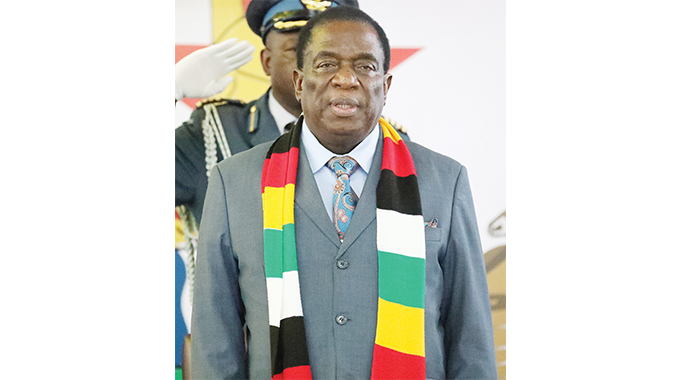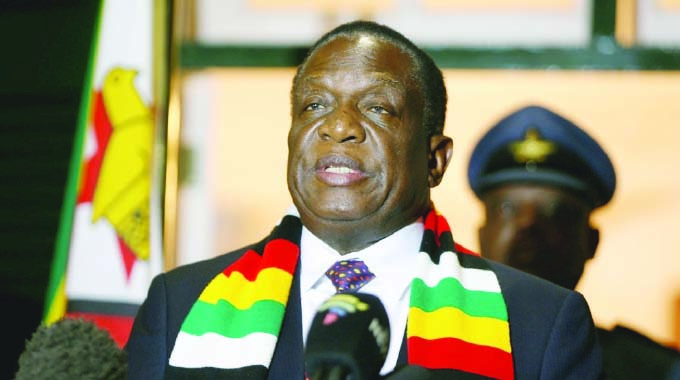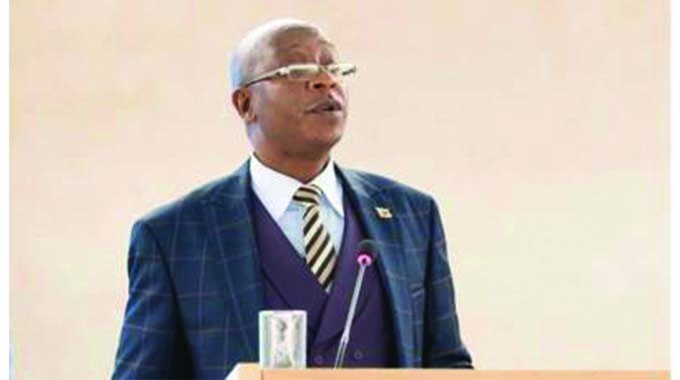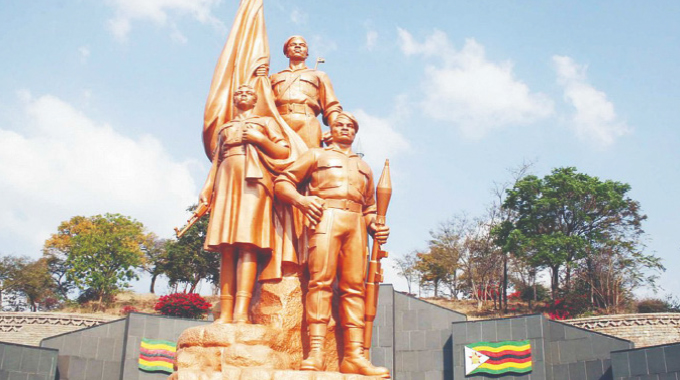COMMENT: Civil servants engagement important to Second Republic

The Second Republic has maintained its disposition to always engage all interest groups in the country, chief among them civil servants.
Civil servants are key in the execution of Government policies and programmes. Without their support, Government policies will simply remain on paper. Thus, authorities have been working closely with them, listening to their grievances and addressing those they can.
As part of that disposition, President Mnangagwa, on Tuesday, granted an audience to the Zimbabwe Confederation of Public Sector Trade Unions (ZCPSTU) at State House in Harare. The unionists engaged him on a number of issues of interest, including their salaries and working conditions.
He listened, took note of their issues and pledged to attend to them, said ZCPSTU president Mrs Cecilia Alexander.
“Yes, ZCPSTU met His Excellency President Mnangagwa on Tuesday during which we articulated issues to do with our conditions of service and other matters, which unfortunately we cannot share with the public. His Excellency took note of our presentations and made an undertaking to attend to them,” she said.

President Mnangagwa
“What I want to appreciate in public too is the President’s open-door policy and him being able to listen to the worker, and for that we want to thank him wholeheartedly.”
Indeed, the President’s readiness to always engage, as Mrs Alexander notes, is encouraging. It shows his, and by extension, his Government’s willingness to hear civil servants’ expectations, hear what is troubling them, what they are happy with and be able to work out ways to address whatever issues they raise. We are sure the Government will do as he promised.
Already, however, the Government is working very hard to improve the salaries and working conditions of its workers. In March, it awarded a 100 percent local currency salary increment to its workers with the foreign component being increased from US$200 to US$250 across the board.
Teachers were further cushioned with a US$80 teaching allowance.

US Dollars
In addition to the monetary packages, a good number of civil servants enjoy rides on Public Service Commission buses every time they are on duty. They also enjoy free accommodation.
The improved local currency and US$ salaries and perks have actually made Government the employer of choice at this time. As a result, it is now attracting the best brains from the private sector into its ranks, changing the age-old drift of civil servants into the private sector.
We have always implored the private sector to be as responsive to the prevailing economic situation as the Government has been. We again ask companies to increase salaries and improve working conditions of their employees just as the Government has been doing in recent years. We, too, implore the company bosses to be always open to engage their workers.
If a whole President is just a phone call away from the civil servant, why is a chief executive officer running a company with branches in Harare, Bulawayo, Gweru, Mutare and Masvingo and employing only 1 000 workers so distant?
The message is that the private sector bosses must be accessible for their employees and be responsive to the evolving economic situation and its impact on workers’ welfare just as the Government is doing.












Comments